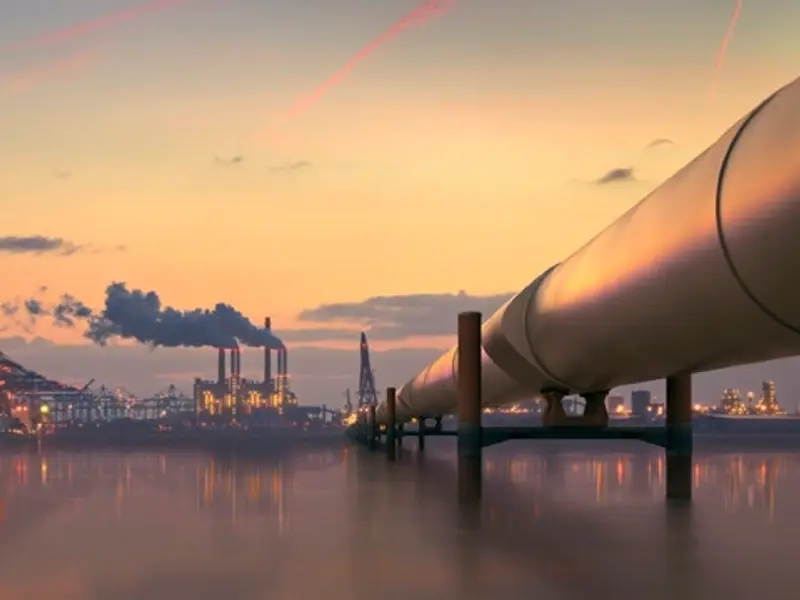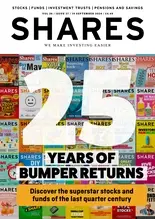
In the 1990s the UK industrials sector could be characterised as low-margin metal bashers producing commoditised products for mature economies. There has been significant improvement since then with leaner, more technologically focused companies operating in a far more diverse mix of geographies.
What’s included in this sector: The industrials super sector includes a number of industries including: automobiles and parts; aerospace and defence; electronic and electrical equipment; general industrials and industrial engineering.
The industry: Industrial companies are driven by demand for construction and manufactured products. When the economy contracts and consumers save more and spend less, activity in this sector drops because companies will postpone expansion and produce fewer goods. Defence companies are not so directly exposed to the economy but are reliant on military spending by governments. As such they tend to do better at times of global conflict.
Risk profile: The risk profile varies considerably although nearly all industrial companies are cyclical because they are involved in the manufacture of goods for which demand fluctuates in line with the economy. Smaller firms tend to be higher risk as they may have more exposure to specific markets or clients. Stories with a disruptive technology at their heart come with an even higher degree of risk but can also lead to significant rewards. Several industrial companies face the legacy of pension liabilities associated with historic final salary schemes.
The objectives you might have from investing in this sector: Investors in the sector are likely to be looking for capital gains based on these companies’ ability to deliver earnings growth, which is likely to be dependent on the health of the global economy. Industrial companies do not tend to be the most generous dividend payers but there are exceptions. Cheltenham-based Spirax-Sarco Engineering (SPX), which specialises in products used to control steam, has consistently increased its payout for five decades.
Higher profile companies in this sector:
BAE Systems (BA.) - Specialises in the design, development and manufacture of weapons for the global defence market
Rolls-Royce (RR.) - Large chunk of its revenues come from making engines for passenger jets and long-term maintenance contracts. Rolls-Royce is in recovery mode after a series of damaging profit warnings
Weir Group (WEIR) - Manufactures pumps for oil and gas, mining and power companies
IMI (IMI) - Makes fluid control valves for a variety of different industries
GKN (GKN) - Constructs parts for the automotive and aerospace industries
Affected by:
GDP growth
Exchange rates
Raw material and energy costs
Consumer and healthcare
As many UK industrial companies export a large proportion of their goods and services movements in currency can have an impact on trading. A stronger pound, for example, could make them less competitive in the global marketplace and reduce the value of profits earned in other major currencies when they are translated back into sterling. Raw material and energy costs can also have a tangible impact.
Affects:
Property and housebuilding
GDP growth
Improved engineering techniques can have implications for the construction sector and the industrial sector still has a major impact on gross domestic product (GDP) for countries like China where the manufacturing sector is the dominant component of the economy.
Numbers to watch out for:
Manufacturing PMI - based on surveys of the professionals which buy goods and services required by a company, they offer an insight into the current state of manufacturing in different countries
Operating profit margins - the proportion of revenues retained as profit
Corporate capex - The amount companies are spending globally
Aircraft build rates - A measure of how many new planes are being built
Global defence spend - The amount allocated by the world's governments to military spending
Relevant ETFs:
Source US Industrials Sector ETF (XLIP) - Tracks a basket of US-listed industrial stocks
Amundi MSCI Europe Industrials ETF (AIND) - Looks to replicate performance of a portfolio of European companies in the industrial sector




